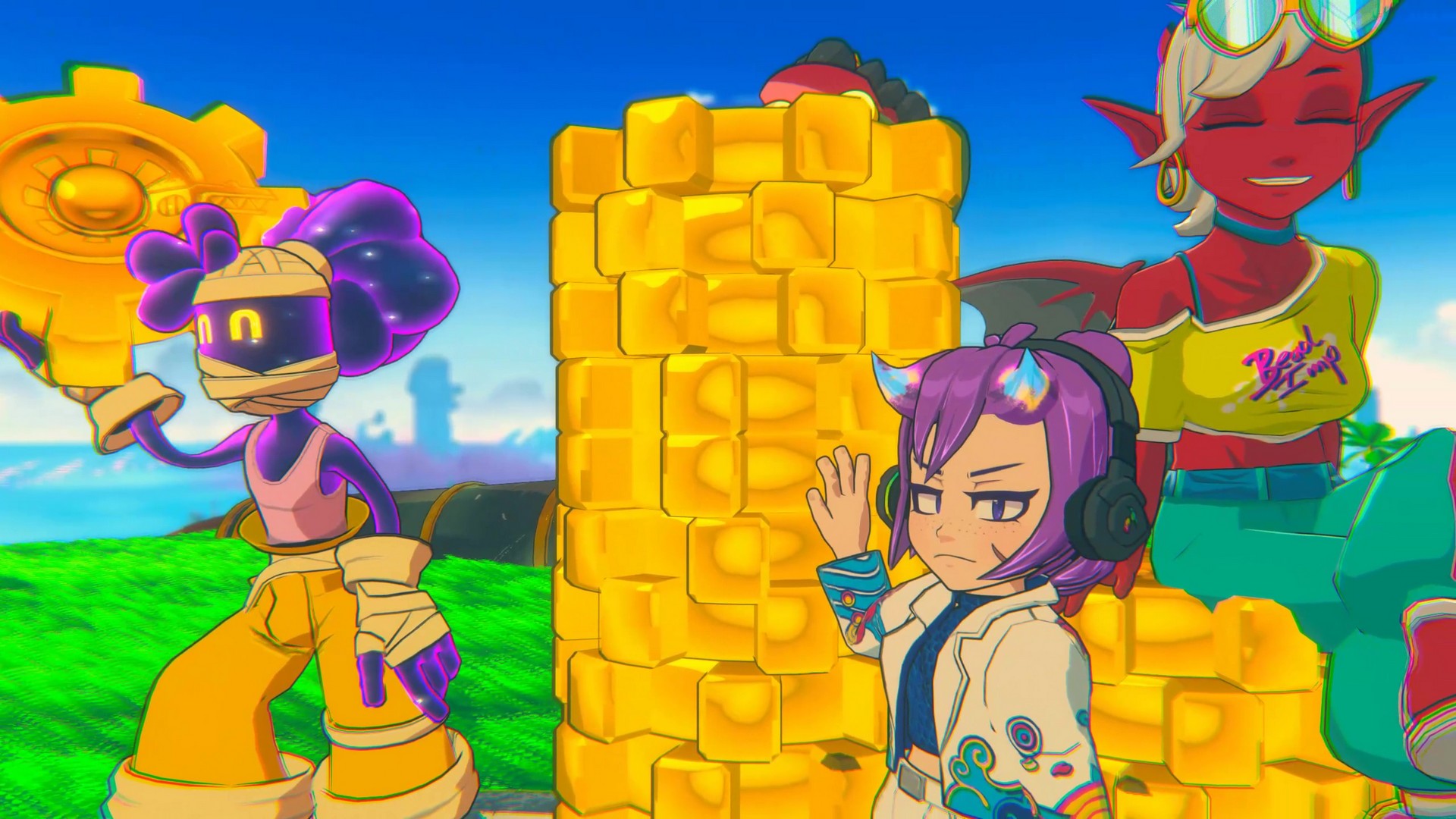Looking back at the last games of defunct developers
Pour one out for the fallen
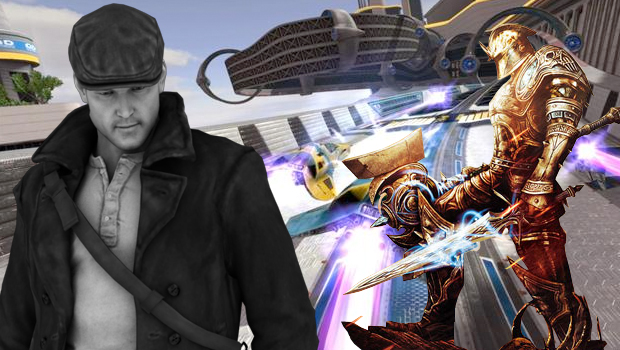
One last dance
Sony confirmed today that it plans to close Sony Liverpool, better known as the developer behind the long-standing sci-fi racing franchise WipEout. The developer, obviously, has a long and storied history, but many will likely remember it not for its largest hits, but for the last game it made.
This inspired us to assemble a list of some of the greats that have come and gone, and to pay tribute to developers past. May they rest in peace on games' libraries all around the world.
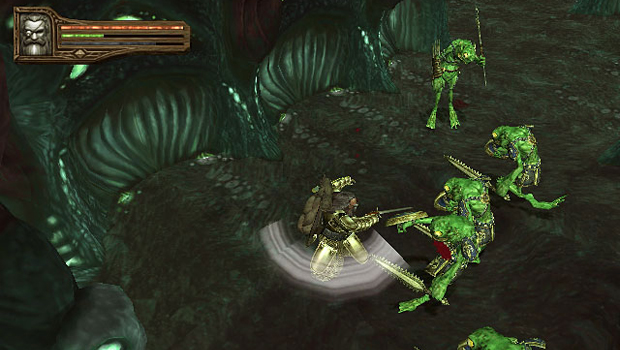
Baldurs Gate: Dark Alliance II (Black Isle Studios)
Biggest hit: Fallout
Black Isle Studios was, unfortunately, shuttered in December 2003. It was only one month later that their final game, Baldurs Gate: Dark Alliance II, released to the United States. As a division of Interplay Entertainment devoted to role-playing video games, Black Isle is perhaps best known as the original developer of the Fallout franchise and publisher of Baldurs Gate.
Their last hoorah was an action role-playing game that reminded many of the computer games they were known for without the nuance players had come to expect. Though one could create their own items, participate in sidequests, and access the world map, it only served to tantalize folks with all the aspects that were missing. And so, Black Isle went out on a single or double, rather than the home runs it was known for.
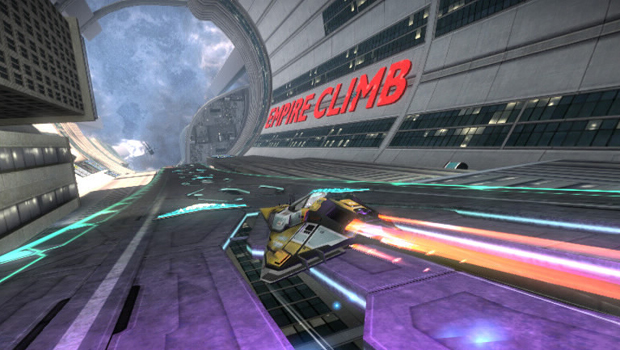
WipEout 2048 (SCE Studio Liverpool)
Biggest hit: WipEout
Though it was eventually rebranded, SCE Studio Liverpool started its corporate life as Psygnosis. While they might be best known for the influential WipEout racing franchise, there are a number of lesser known facts about Psygnosis that are certainly worth noting.
For example, Psygnosis published the Lemmings franchise back in the day, and even helped create the various games played in the short-lived television show Nick Arcade. These are the kinds of things fans like to remember.
What isnt as fun to remember is the fact that Sony actually stopped production at Liverpool back in 2010 and even mentioned the dreaded restructuring word. The majority of the studios work has been WipEout since 2006, with only a single Formula One title breaking up the run.
WipEout 2048, their last effort, for the PlayStation Vita is essentially just WipEout. For Vita.
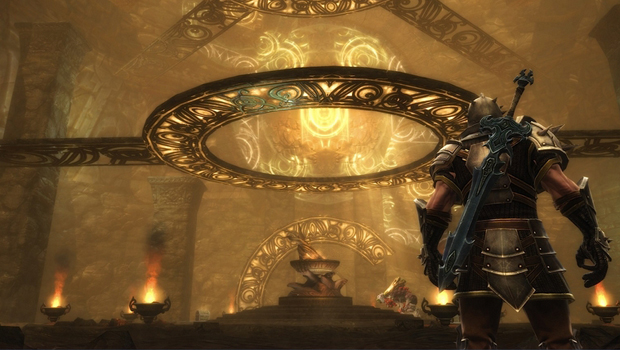
Kingdoms of Amalur: Reckoning (Big Huge Games)
Biggest hit: Rise of Nations
The closing of Big Huge Games was essentially the fault of their parent company, 38 Studios, being unable to meet their financial obligations to the state of Rhode Island (among others). Their Last Game, Kingdoms of Amalur: Reckoning, sold fairly well, but not well enough to recoup the required amount to keep both themselves and 38 Studios alive.
The game was another action role-playing game with a world so robust that it was the basis of an MMO in development at parent company 38 Studios. Even with roots tied to creators Shawn McFarlane, R.A. Salvatore, and designer Ken Rolston, the game failed to meet the incredibly high expectations it had set for itself, despite being a perfectly fine game in its own right.
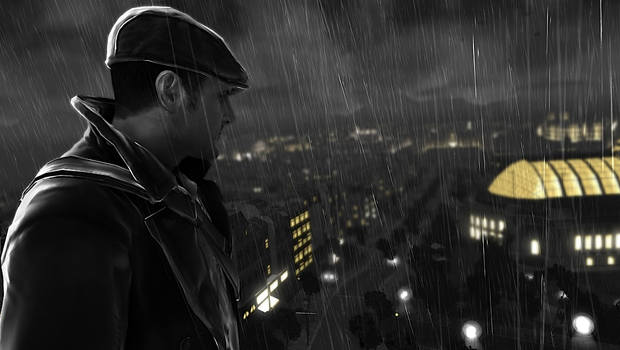
The Saboteur (Pandemic Studios)
Biggest hit: Star Wars: Battlefront II
Of all the companies included in this feature, Pandemic Studios is one of the least deserving of the axe. The groups liquidation came at the hands of their corporate overlords, Electronic Arts, downsizing a total of 1500 jobs in 2009. This just so happened to include the entirety of Pandemic Studios. All of it.
The unforeseen closure is unfortunate because their swan song, The Saboteur, was actually a promising third person action-adventure game. Players could climb the local architecture in the same vein as Assassins Creed whilst taking out Nazi soldiers in World War II era France. In a neat twist, the color is entirely removed save for a few choice selections. As areas are liberated, the color returns with their freedom. Add to this mix a wise-cracking Irish race car driver protagonist and youve got a pretty good idea as to what playing The Saboteur is like.
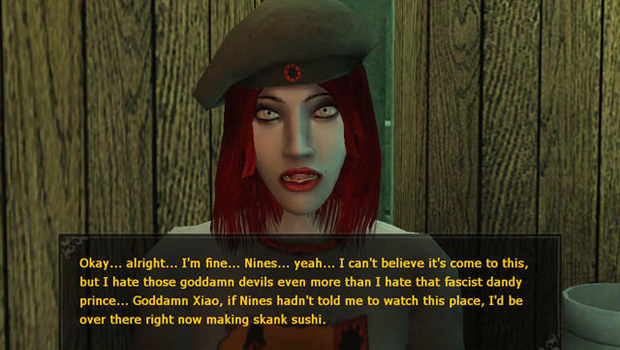
Vampire: The Masquerade - Bloodlines (Troika Games)
Biggest hit: Arcanum: Of Steamworks and Magick Obscura
Troika Games made its name with 2001s Arcanum: Of Steamworks and Magick Obscura, but just four years later, the studio was shutting its doors. What happened? Money issues, of course. In 2005, the studio release Vampire: The Masquerade Bloodlines, and though it received a generally positive critical reception, the title proved to be a commercial dud.
In its final title, the player takes on the role of a vampire from one of seven vampire clans present in White Wolfs World of Darkness universe. Notable for being the first third-party game to utilize the Source engine, Bloodlines managed to provide what players decried as meaningless choices throughout as only one at the end ultimately had any true effect. Its for this reason and many more that the game retains a cult following and divides critics.
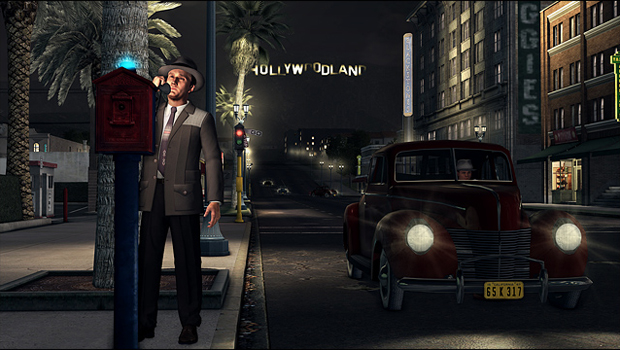
L.A. Noire (Team Bondi)
Biggest hit: L.A. Noire
Theres no denying that Team Bondis first and last outing, L.A. Noire, was a hit. Using the groundbreaking facial scanning of MotionScan, players were tasked with trying to solve a series of crimes with the added ability to attempt to discern whether suspects were lying in interviews. As of February 2012, Rockstar had moved nearly five million copies.
But allegations against the detective thrillers developer came out of the woodwork once the game finally launched. Reports arose of excessive work hours, missing credits, and massive problems with publisher Rockstar had made Team Bondi a poor place to work for during the tenure of many. They went into administration in late 2011.
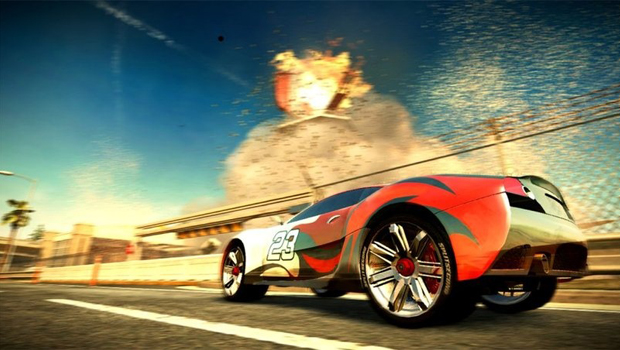
Split Second (Black Rock Studio)
Biggest hit: Pure
Black Rock Studio had long been known for their competent racing games. As Climax Brighton, they developed the MotoGP franchise before changing their name to Black Rock and introducing the world to both Pure and Split/Second. Both titles were well-received critically and commercially, but due to Disney Interactive Studios decision to focus on other projects in 2011, the studio was hit with layoffs and eventually closed.
Split/Second has players take part in a fictional reality television show racing against opponents on a track studded with special obstacles that can be activated by both the AI and players alike. These range from minor track alterations to completely changing the course of the race. The game even hints that there would have almost certainly been a sequel, but... it was apparently not meant to be.
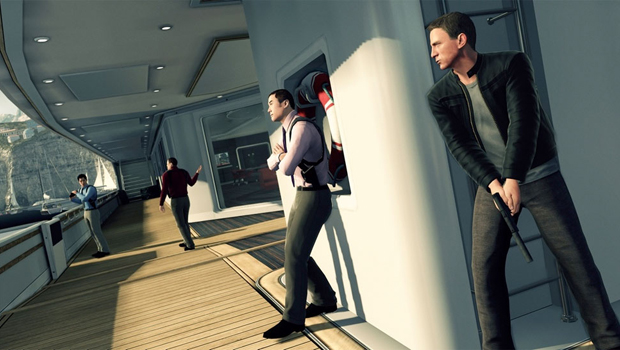
James Bond 007: Blood Stone (Bizarre Creations)
Biggest hit: Project Gotham Racing
The odd thing about Blood Stone is how a studio known for racing games (and Geometry Wars) came to create a 007 title for Activision. Blood Stone turned out astoundingly average, receiving middling reviews and selling decently... but not too well. It also coincided with the release of the GoldenEye 007 remake, so perhaps Activision expected Bizarres baby to exceed their expectations.
Blood Stone is your typical third-person shooter with a smattering of stealth takedowns more at home in Tom Clancys Splinter Cell. The story presented is competent at best though some players found it too short, even with driving sequences. At the time of release the status of the next James Bond starring Daniel Craig was in limbo so maybe someone at Activision just really wanted more Craig - too bad that wasn't enough to save the game, or the company.
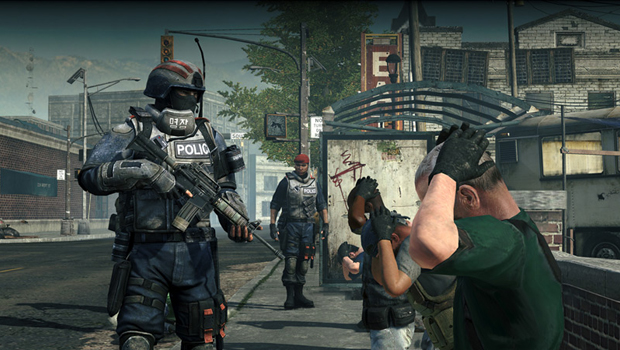
Homefront (Kaos Studios)
Biggest hit: Homefront
It might be easiest to describe developer Kaos Studios as troubled from the start. The studio was made up of members of a group that created the popular Desert Combat mod for Battlefield 1942 that DICE had dropped them not long after hiring them. THQ swept in to their rescue and set them to crafting first-person shooters, but both of the games they released, Frontlines: Fuel of War and Homefront, were far from stellar. Thats despite the fact that THQ sunk a good amount of money into the pre-release marketing campaign for the latter.
Homefront is perhaps best known for depicting a massive invasion a unified Korea into the United States. This just so happened to coincide with increased tensions between the North and South Koreas, and the game received some undeserved vitriol for it. The single-player campaign was bland but passable whilst the multiplayer mode used an interesting point system for purchasing new gear. Ultimately, though, THQ wanted a Call of Duty and they got, well, a Homefront.
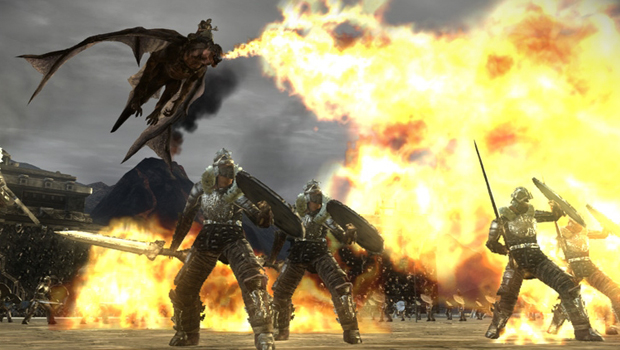
Lair (Factor 5)
Biggest hit: Star Wars: Rogue Squadron
Factor 5's Lair has become synonymous with the word disappointment in the minds of many. The same people at least partially responsible for the glory that was and is Star Wars: Rogue Squadron delivered one of the weakest games of the PlayStation 3s first year.
That isnt to say that Lair is without some redeeming features. The graphics are rather good for their release window and the soundtrack accrued much praise from the community. But a poor control scheme hampered by worse camera issues and confusing mission structure ultimately caused the game to be a staple among most disappointing lists and features.
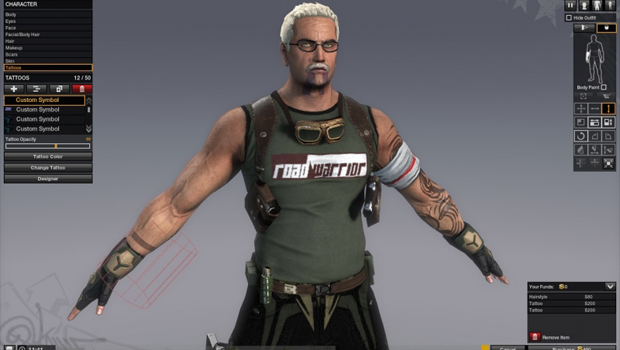
APB: All Points Bulletin (Realtime Worlds)
Biggest hit: Crackdown
APB: All Points Bulletin, and developer Realtime Worlds, might be the most notorious entrant on this list; and for good reason. Touting an epic multiplayer conflict between Enforcers and Criminals set in a series of urban areas with fantastic customization options, the game released in June 2010 and shut down just three months later.
Realtime Worlds had created an environment where the customization segment of gameplay the most interesting and fun part was free, whilst the problematic shooting and gang activities required players to pay a fee. The game eventually came back to life as a F2P shooter, but, sadly, Realtime Worlds didn't come with it.
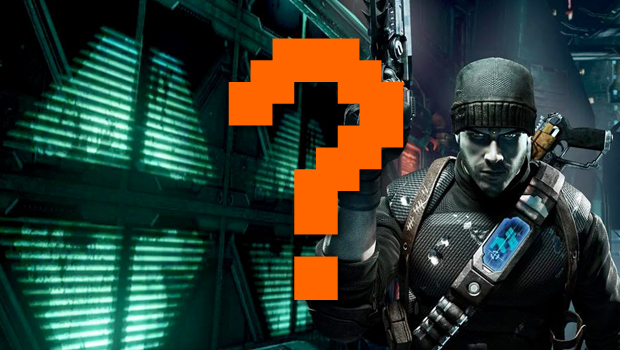
Hopefully no more companies ever close
Sadly, this stuff happens, and will continue to happen for as long as people are making games. Sometimes it'll be because of incompetence, sometimes mismanagement, and sometimes it's going to be because of bad circumstances. What are some of your favorite swan songs that we missed?
And if you want to read about other sad things, check out the Top 7 Awesome-looking games we REALLY hope arent cancelled and the Top 7... Cancelled games we wish we could play.

Rollin is the US Managing Editor at GamesRadar+. With over 16 years of online journalism experience, Rollin has helped provide coverage of gaming and entertainment for brands like IGN, Inverse, ComicBook.com, and more. While he has approximate knowledge of many things, his work often has a focus on RPGs and animation in addition to franchises like Pokemon and Dragon Age. In his spare time, Rollin likes to import Valkyria Chronicles merch and watch anime.
Weekly digests, tales from the communities you love, and more
You are now subscribed
Your newsletter sign-up was successful
Want to add more newsletters?

Every Friday
GamesRadar+
Your weekly update on everything you could ever want to know about the games you already love, games we know you're going to love in the near future, and tales from the communities that surround them.

Every Thursday
GTA 6 O'clock
Our special GTA 6 newsletter, with breaking news, insider info, and rumor analysis from the award-winning GTA 6 O'clock experts.

Every Friday
Knowledge
From the creators of Edge: A weekly videogame industry newsletter with analysis from expert writers, guidance from professionals, and insight into what's on the horizon.

Every Thursday
The Setup
Hardware nerds unite, sign up to our free tech newsletter for a weekly digest of the hottest new tech, the latest gadgets on the test bench, and much more.

Every Wednesday
Switch 2 Spotlight
Sign up to our new Switch 2 newsletter, where we bring you the latest talking points on Nintendo's new console each week, bring you up to date on the news, and recommend what games to play.

Every Saturday
The Watchlist
Subscribe for a weekly digest of the movie and TV news that matters, direct to your inbox. From first-look trailers, interviews, reviews and explainers, we've got you covered.

Once a month
SFX
Get sneak previews, exclusive competitions and details of special events each month!
